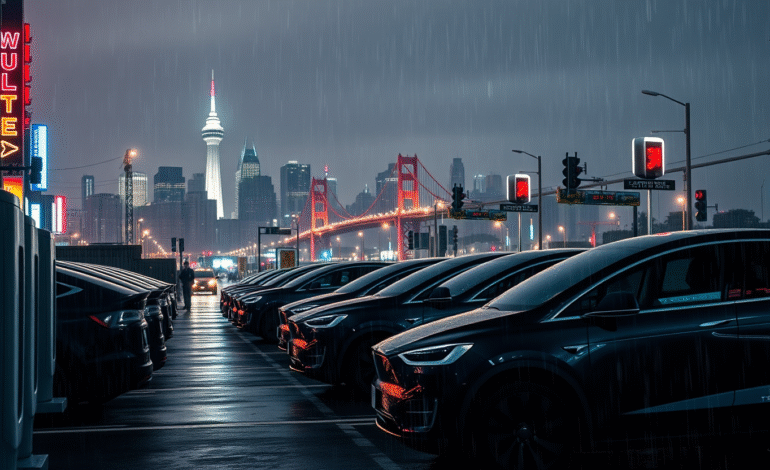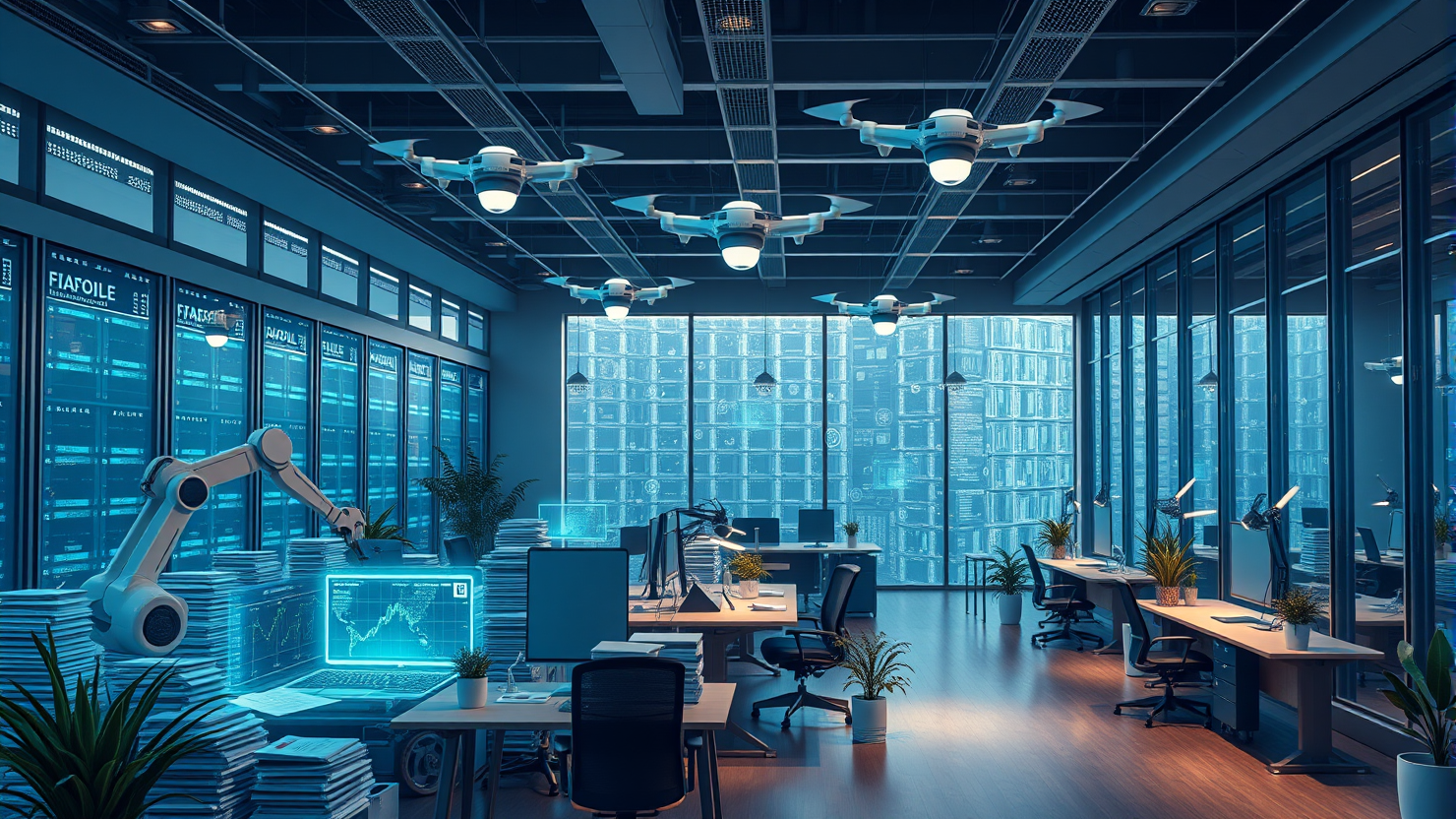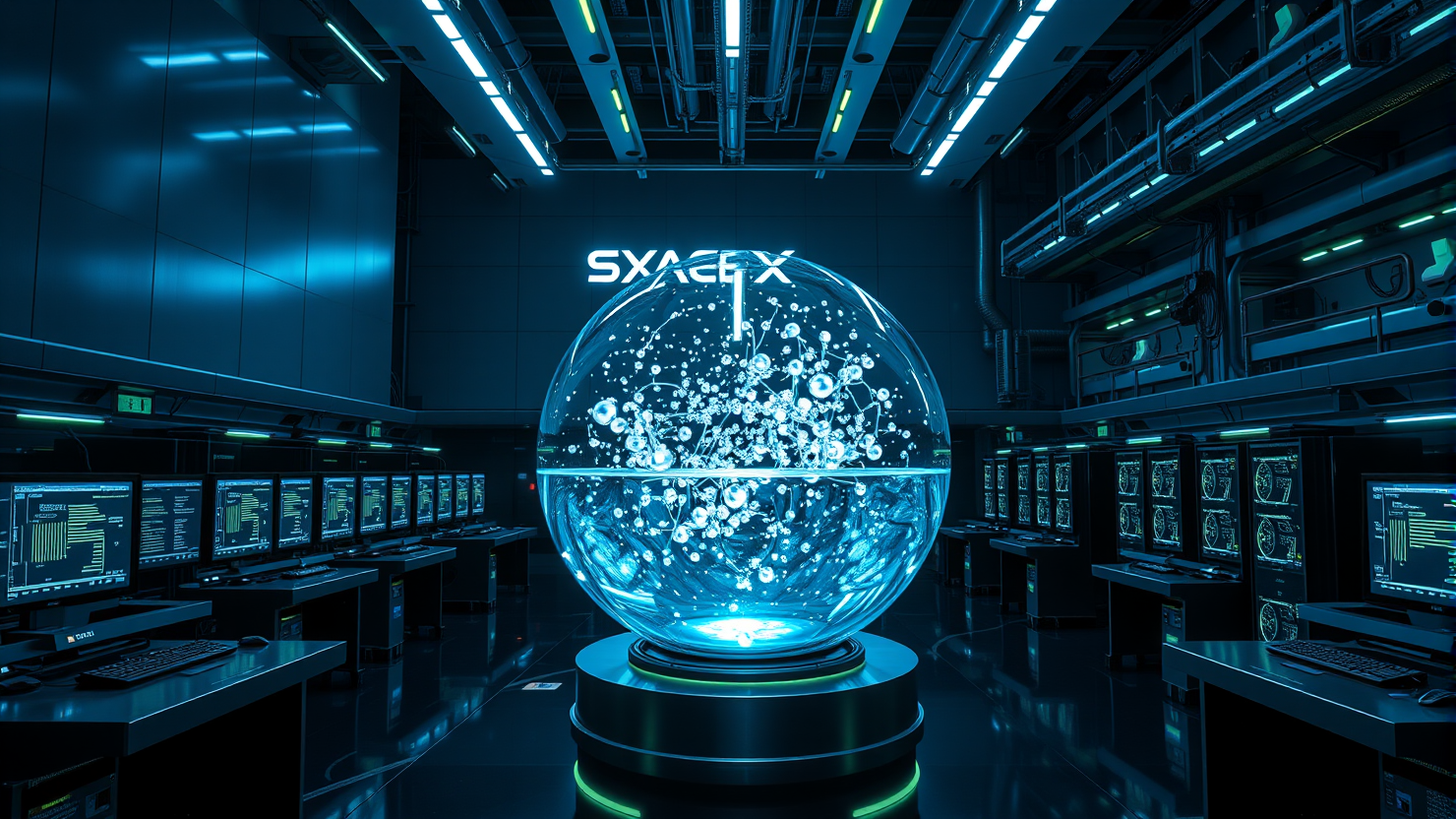San Francisco Prepares for Future Mobility: Overcoming Challenges in Implementing Tesla’s Robotaxi Service

In an impending development, Tesla is set to introduce an expanded iteration of its early autonomous taxi service in San Francisco this weekend, as reported by Business Insider, following an initial deployment in Austin, Texas last month. The company plans to extend invitations to eligible Tesla vehicle owners for participation in the trial.
However, the company’s actions could potentially infringe upon state regulations, even with a human safety operator present during autonomous vehicle operations. Two California agencies oversee aspects of autonomous vehicles: the California Department of Motor Vehicles (DMV), which regulates testing and deployment of autonomous vehicles and requires permits for all stages – including testing with a driver, testing without a driver, and driverless deployment; and the California Public Utilities Commission (CPUC), which governs the commercial aspects of ride-hailing and chartered transportation by both human drivers and autonomous vehicle systems.
Tesla currently holds a permit for testing autonomous vehicles equipped with a human safety operator. However, it does not possess permits for driverless testing or deployment, nor has it applied for additional permits as of Wednesday, according to the DMV. Only Mercedes-Benz, Nuro, and Waymo hold driverless deployment permits.
Similarly, Tesla lacks the necessary permits from the CPUC. It holds a Transportation Charter Party permit, which allows human drivers to operate traditional vehicles (not autonomous) for charter services with the public. This permit is distinctly different from an autonomous vehicle permit for passenger transportation. The latter, which Tesla does not possess, enables testing and deployment of autonomous vehicles with or without a driver.
Tesla has not received approval from the CPUC to offer autonomous passenger service to customers, paid or uncompensated, with or without a driver (nor has it applied). Moreover, Tesla does not hold a “Drivered Pilot AV permit” from the CPUC, prohibiting it from using an autonomous vehicle equipped with a human operator for passenger service.
Consequently, if Tesla deploys its autonomous taxis and the autonomous systems are engaged, it would be in violation of state regulations, even if the rides are provided free-of-charge and a human safety operator is present behind the wheel.
This expansion into California occurs amidst ongoing legal disputes. The DMV is currently attempting to prevent Tesla from selling vehicles in the state due to years-long litigation over the company’s claims regarding its cars’ self-driving capabilities. Additionally, Tesla is currently involved in a lawsuit concerning deaths related to the use of its less advanced driver assistance system, Autopilot.
Tesla has yet to demonstrate that its Full Self-Driving software is capable of powering a robust robotaxi network. Since June 22, an invite-only version of Tesla’s autonomous taxi service has been operational in Austin; however, it falls short of the “general solution” Musk claimed Tesla was developing for over a decade. The service primarily operates within Austin’s downtown core and main corridors, with a safety operator in the front passenger seat ready to intervene if necessary. The initial rollout consisted of approximately ten vehicles, and it is unclear how many Model Y SUVs are currently operational in Austin or how often the safety operators have been required to intervene.
Musk recently stated that Tesla aims to expand its operations to Florida and Arizona as well. Earlier this month, reports surfaced that Tesla had initiated the necessary certification process for testing and operation with and without a driver in Arizona.





